If you’ve ever seen a rusty patch on a washing machine drum or a white crust inside a fridge, you’ve met corrosion. It’s the slow eating away of metal caused by moisture, chemicals or salty air. In the UK’s coastal towns, like Bognor Regis, the salty breeze can speed up the process, turning a good appliance into a costly replacement faster than you expect.
Corrosion isn’t just an eyesore. It can weaken structural parts, cause leaks, and even short‑circuit electrical components. The result? A dishwasher that won’t pump, an oven that won’t heat, or a water heater that leaks. Spotting it early can save you time, money, and a lot of hassle.
Knowing what to look for makes a huge difference. Here are the most common clues:
When you notice any of these, it’s worth checking the surrounding area for excess moisture. Leaky pipes, condensation, or even a damp kitchen floor can create the perfect environment for corrosion to thrive.
Prevention is cheaper than repair, so start with a few simple habits:
If you already have rust, you can often fix it yourself:
For electrical components or sealed units like water heaters, it’s safer to call a professional. Trying to repair a corroded heating element without the right tools can be dangerous and might void warranties.
At Bognor Regis Appliance Repair Experts we see corrosion every day, from old washing machines to brand‑new ovens that sit near a kitchen sink. Our technicians know how to strip away rust, replace damaged parts and apply protective finishes that keep your appliances running longer.
Bottom line: keep moisture at bay, clean regularly, and don’t ignore the first hint of rust. A little attention now means fewer breakdowns later, and your appliances will thank you with years of reliable service.
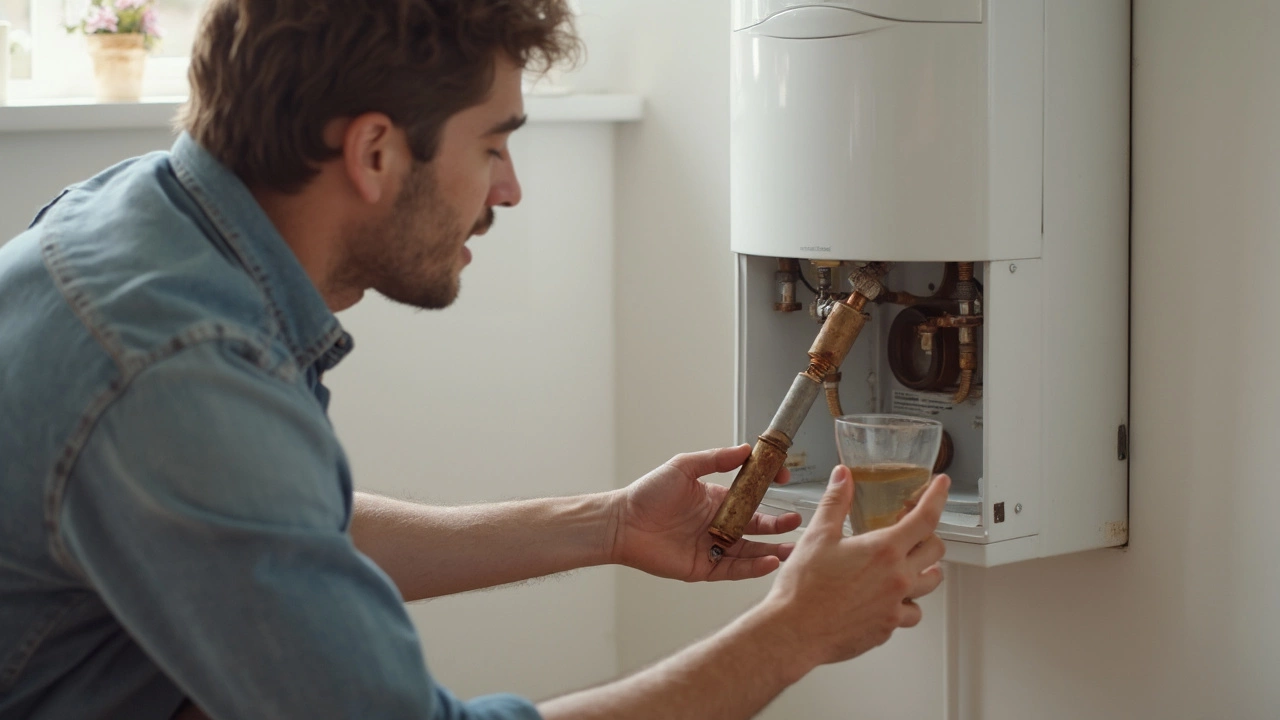
Not sure if your water heater's anode rod is shot? This article breaks down the telltale signs that your anode rod is past its prime, from weird smells to rusty water. Find out how long these rods actually last, why they're so important, and how to check them yourself. With some simple tips, you'll spot trouble before it wrecks your tank. Get the facts so you can keep hot water flowing without a nasty surprise.
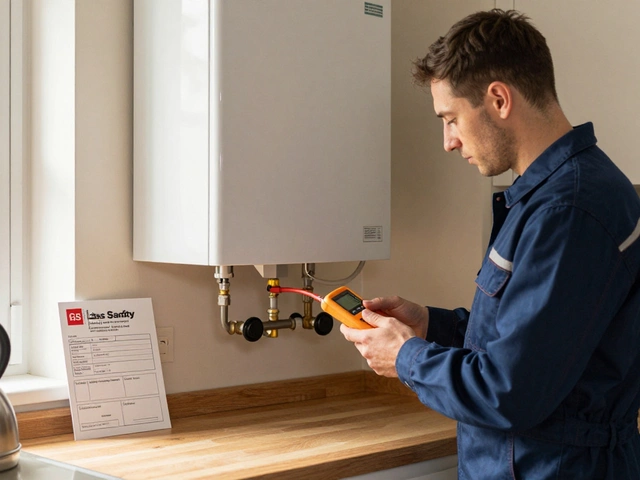
Gas appliances in the UK must be checked annually by a Gas Safe engineer to prevent deadly carbon monoxide leaks. Skipping checks risks health, safety, and legal penalties. Learn what happens during a service and how to stay safe.

Microwaves seem invincible until they suddenly stop working—usually right when you're hungry. This article tackles what actually breaks down most often in a microwave, from simple blown fuses to tricky magnetrons. You'll learn the telltale signs for each failure, why these things wear out, and how to figure out if it’s something you can fix yourself. Plus, there are practical tips on keeping your microwave running smoother for longer. Perfect for anyone tired of cold leftovers and expensive repair bills.
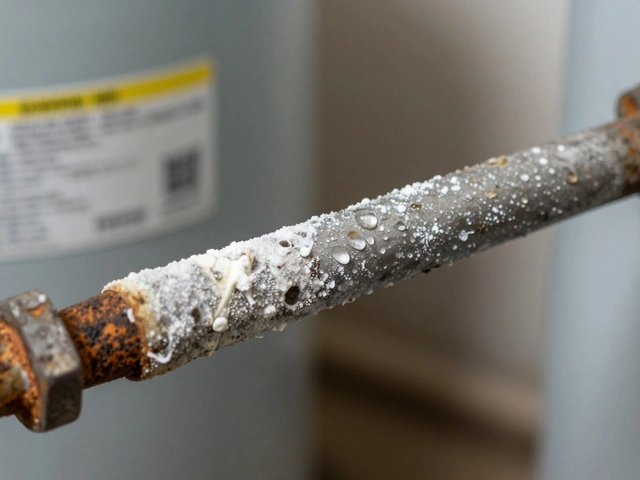
Water heaters commonly fail due to anode rod corrosion, heating element burnout, thermostat issues, and tank rust. Learn the top 5 causes and how to prevent them before you're left with no hot water.
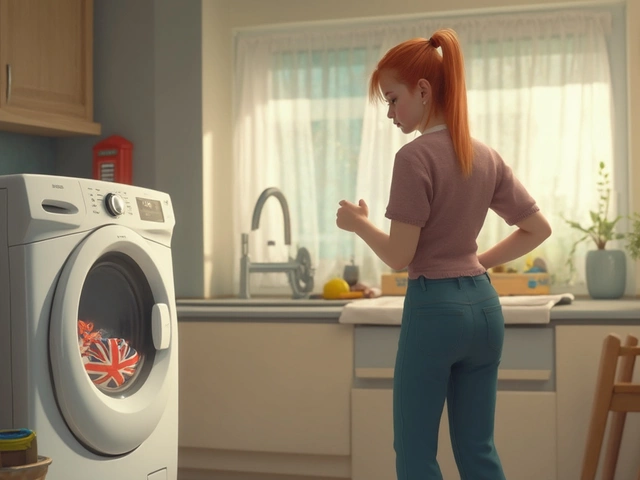
Ever found yourself standing in front of a stubborn washing machine that just won’t cooperate? It can be frustrating, right? This practical guide walks you through the simple steps to reset your washing machine, saving you from unnecessary headaches. From spotting common issues to quick fixes, you'll find all you need to get your washer back on track.
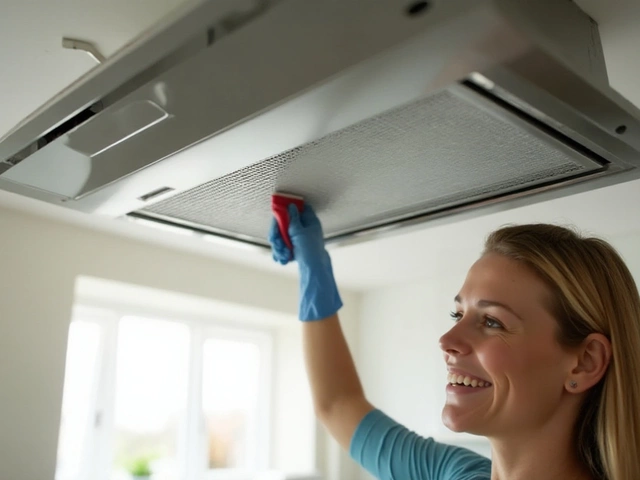
Routine maintenance of extractor fans is crucial to maintaining indoor air quality and ensuring the efficient operation of these ventilation systems. This article explores why servicing extractor fans is important, providing insight into potential problems that may arise if overlooked. Learn how regular upkeep can prevent costly repairs and improve the lifespan of your equipment. Discover practical tips and a step-by-step guide on how to ensure your extractor fan is operating at its best. Keep your home fresh and healthy by understanding the significance of extractor fan servicing.